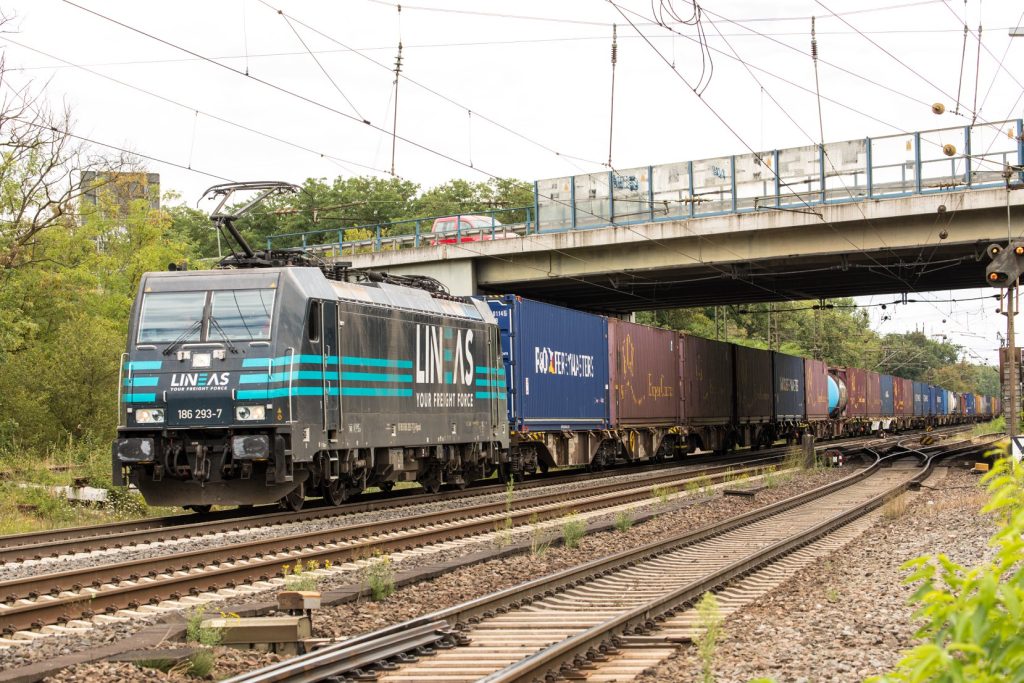 A better balance between extensive works on the railway network and ensuring a sufficient quantity and quality of capacity to remain available for EU rail freight transport is essential for modal shift, the European Rail Freight Association (ERFA) concluded following an event held on May 23.
A better balance between extensive works on the railway network and ensuring a sufficient quantity and quality of capacity to remain available for EU rail freight transport is essential for modal shift, the European Rail Freight Association (ERFA) concluded following an event held on May 23.
The organisation calls for a joint commitment of rail undertakings, infrastructure managers and policy makers which through their efforts would enable reaching the EU’s targets for 2030 and 2050 which estimate that rail freight volume should grow by 50% by 2030 and to double it by 2050.
“Due to the need to ensure both modal shift targets set out in the European Sustainable and Smart Mobility Strategy are achievable, a balanced approach is needed between works management and capacity management. Given that over 50% of rail freight volumes cross at least one national border, it is critical that this is carried out in a coordinated manner between infrastructure managers across all corridors,” ERFA says.
Regarding coordination, the discussion must shift from solely a discussion on coordination of works to an agreement on coordination of alternative capacity. Infrastructure managers must implement a system whereby as much alternative international capacity is made available as possible in the event of capacity restrictions. This alternative capacity should take into consideration the parameter needs of EU rail freight transport as much as possible.
“Modal shift is not solely the responsibility of rail freight companies, but also policy makers and infrastructure managers. Rail freight companies cannot achieve modal shift alone in the next years in the context of extensive infrastructure constraints on core networks and increasing customer expectations on the performance of rail freight,” ERFA President, Dirk Stahl, said.
In order to maximise the possibilities for rerouting, infrastructure managers must assess the possibility of using capacity in neighboring member states. The European Commission should explore allowing for derogations in European legislation (Train Drivers Directive, Railway Vehicle Authorisation) to allow for rail freight to utilize infrastructure in neighbouring member states in the event of international rerouting subject to it being deemed safe to do so by the relevant national safety authorities and the driver having sufficient route knowledge.
Share on:



